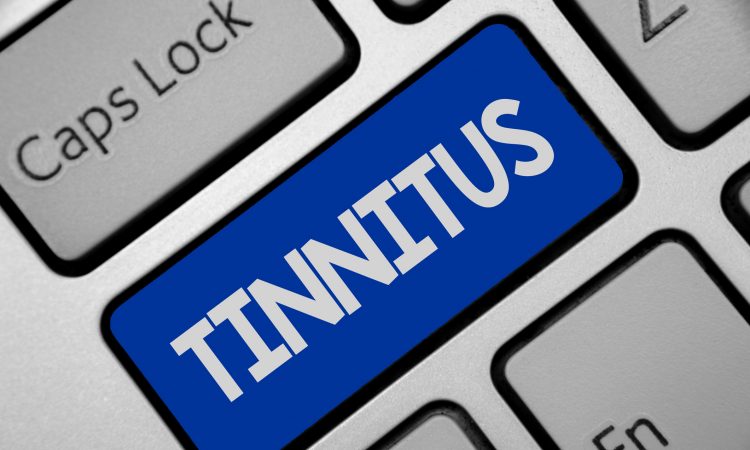
Some years back Open Source Industry Australia (OSIA) spokesperson Steven D’Aprano had posed a most intriguing question, “If Microsoft has a problem with piracy, it shouldn’t be blamed on OEMs who sell PCs with Linux pre-installed or no operating system at all. Should we discourage supermarkets from selling plain bread, because shoppers might steal butter from elsewhere?”
This summed up all debates between open source and proprietary model vis-a-vis the issue of piracy. In India, we have regularly been asking, does bundling or selling Linux with vanilla systems aid and abet Windows piracy?
For long now a tag has been associated with Linux. Industry players and resellers say Linux has become a smart, official, cheap and convenient form of piracy. The charge, is however, outrightly rejected by the Linux vendors.
At their end, open source vendors will not miss an opportunity to assert that anyone who has benefited out of piracy is the proprietary vendors, like Microsoft.
Actually, the primary reason for piracy stems from the basic question haunting any consumer, affordability – the pricing.
Users typically get Linux bundled with low-cost computers or get free variants on CDs from resellers for a nominal price of Rs 150. Many resellers also provide Linux-based word processing, spreadsheets and graphics applications on a set of four or five CDs for Rs 600 to Rs 750. Compared to this, the cost of Windows XP Home Edition, a low version of the Windows XP OS, costs no less than Rs 3000.
How can you imagine that a customer who spends Rs 20,000 for hardware would spend Rs 50,000 or a lakh more on software, is a remark we often get to hear. Piracy, therefore, to many is like that traditional darkness underneath a lamp. After all what’s new about it?
Nothing much really, except that while piracy enables consumers to obtain otherwise high-priced software at almost zero prices just as it enables a dealer to keep a customer from going off to somebody else in the marketplace it makes a huge dent in the top and bottom lines of vendors as well as the channel.
According to anti-piracy proponent Business Software Alliance (BSA), some of the benefits that a mere 10 percent reduction in piracy level in India can bring are creation of 115,847 jobs, $5.9 billion in contribution to the GDP, $386 million in taxes, and $8.2 billion in revenues to local vendors. Needless to say, the channel members also stand to gain if piracy were to be brought down because it’s they who would be facilitating the sales.
A few years back, Annette Jump, a principal analyst with Gartner, had claimed that although Linux backers boast of a growing market share on the desktop, especially in booming regions like Eastern Europe, Latin America, and Asia-Pacific, those numbers are hugely inflated. Most of the PCs actually end up running Windows, she had claimed, adding, “About 80 percent of systems pre-loaded with Linux in 2004 will end up running a pirated copy of Windows.”
In effect, resellers in India including in smaller cities even as late as 2006 readily endorse her views. There is a general feeling that the operating system CD (Linux) also probably has a copy of Microsoft OS, which could be illegal.
The channel partners in India argue that when it comes to inbuilt facilities in Linux-like graphics, they are not just adequately powerful. For word processor and anti-virus safeguards they have to take up external software and 95 percent of such cases would use pirated or, one may say, copied version.
Some say that the availability of illegal software on the Internet is also a matter of concern. Besides, industry watchers say that the high usage of assembled PCs also has a role to play in unabated growth in software piracy.
But this aspect of small time resellers involvement in the trade has for quite sometime now sparked off the row of raids and counter charges against Microsoft.
True, for a healthy business atmosphere what needs to be done is by creating an environment of trust and understanding rather than the fear of raids.
And thankfully, that s already happening. Microsoft India has started enlisting support of channel associations across the country and groups like Progressive Computers Association of IT (PCAIT) of Delhi, South Gujarat Information Technologists Association (SITA), Surat and others from cities like Nagpur and Indore have openly pledged their support against software piracy.
According to Brian Campbell, director, Genuine Software, MS, ‘Dial-a-Software Partner’, launched in January, 2007 in partnership with distributor Redington and Indiatimes.com has only increased access to the original software in smaller cities.
Lately, chief rivals of MS, the open source platform got a further boost through e-governance initiatives thus intensifying the competition further.
Partners are already moving close to Linux vendors for various reasons. The days to come will, therefore, offer interesting battle lines unfolding between MS and open source players.
